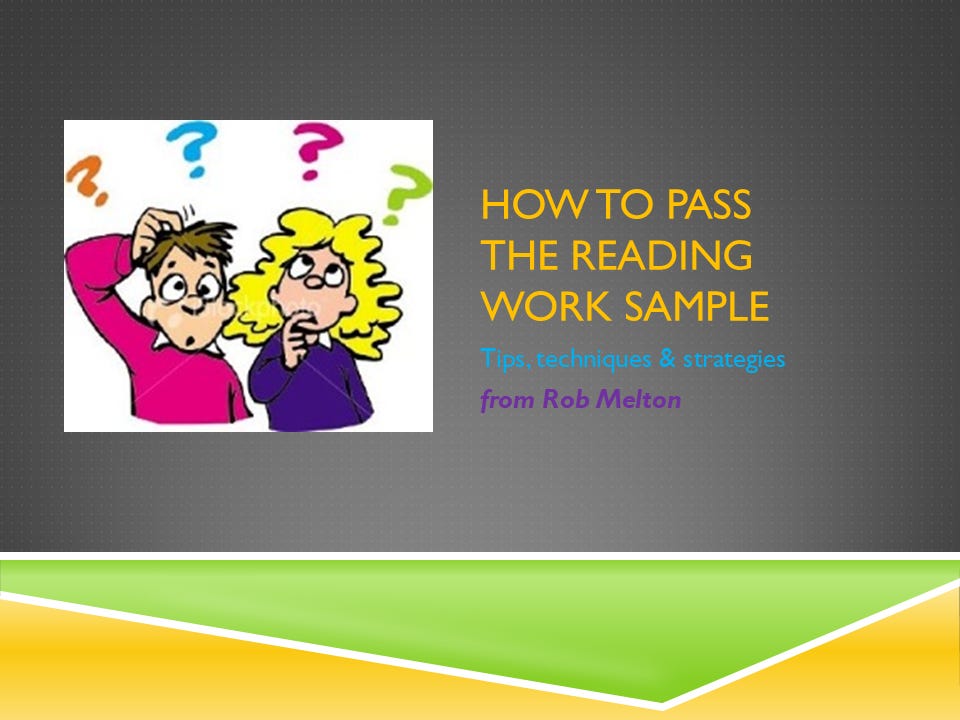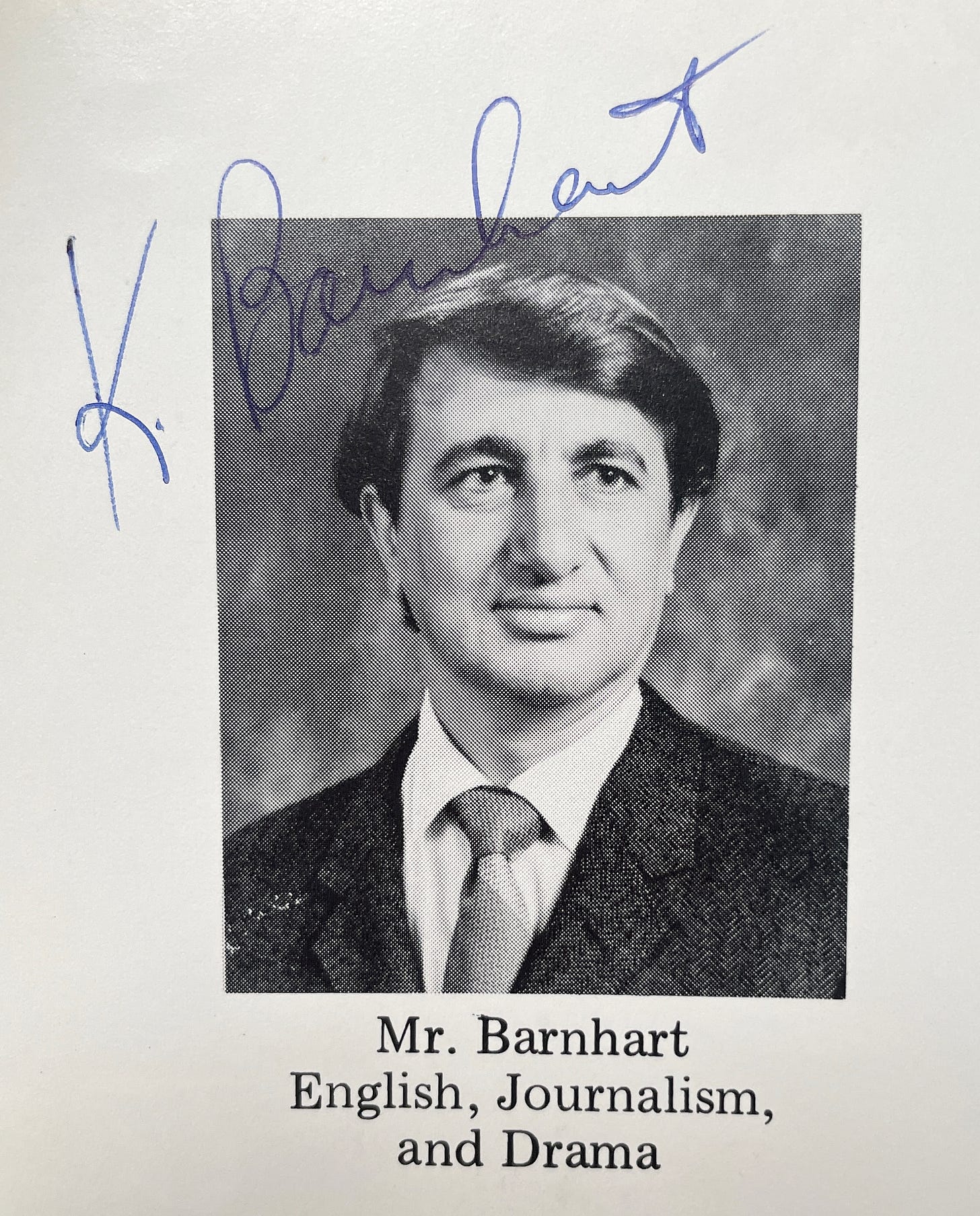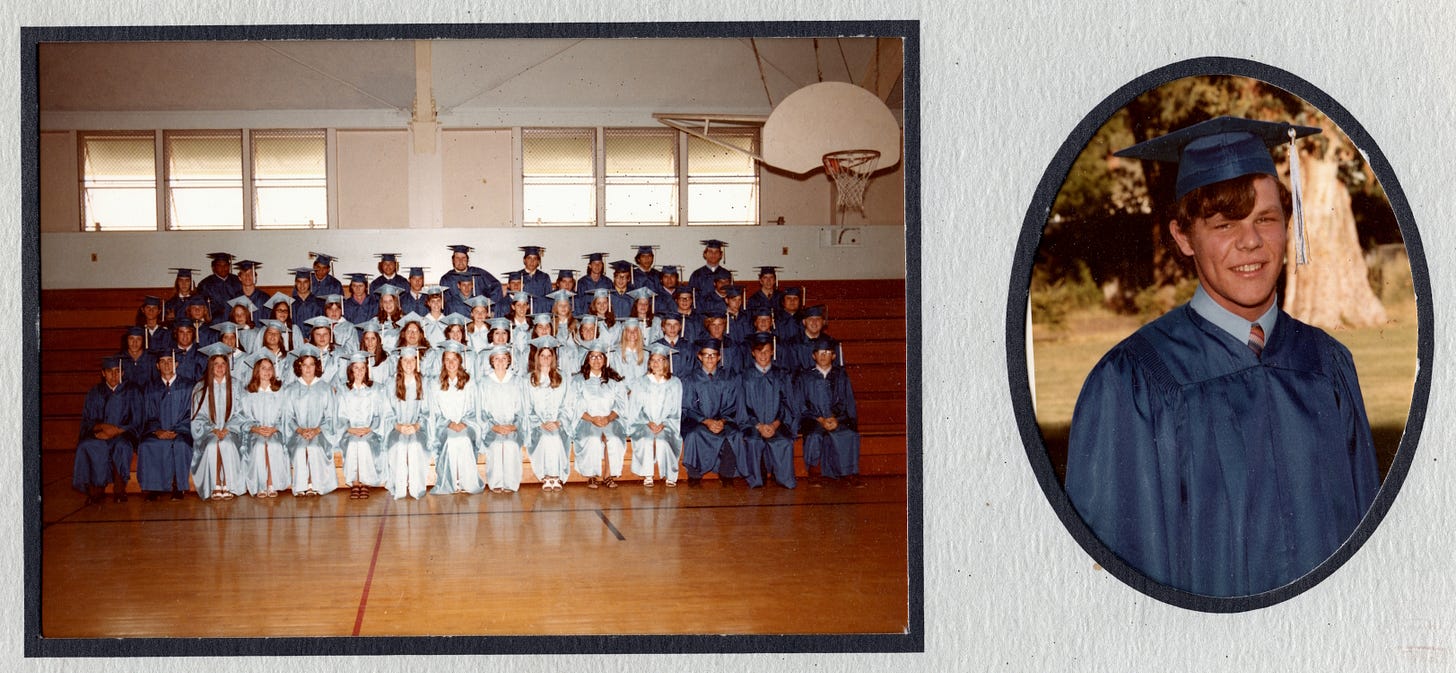Three questions and 6 strategies to pass state, federal tests, graduate on time, and win the Super Bowl of standardized tests
If we must play the Super Bowl game of testing, where there are winners and losers, then let’s play the game—and learn at the same time.
Oregon has a reading and writing work sample that is required to graduate. Teachers are generally not big fans of teaching to the test, but what if it could be a core part of learning in their classroom? By explicitly teaching core reading skills?
If governments are going to play the Super Bowl game of testing, where there are winners and losers, then let’s play the game—and learn at the same time. What if a simple PowerPoint reminder gave them the Super Bowl plays that will win each of them the championship?
My dad was a teacher, coach, and principal. I didn’t realize growing up that his coaching also extended to academics until I became a teacher. After 31 years of teaching I worked special projects as a substitute teacher and used these coaching skills with “stragglers” as reminders before they sat for their test.
Every one of them passed the test.
It’s this simple:
READING WORK SAMPLE

WRITING WORK SAMPLE
When it comes to writing work samples, it is no longer enough to spend four years mastery expository writing. When I started teaching high school English, we focused on expository paragraphs in freshman year, simple five-paragraph essay form sophomore year, and intensive expository form junior and senior years.
For many years now, Oregon and other states require expository literary analysis, narrative based on the 55 fiction strategy but longer, and persuasive writing samples. Here, prewriting strategies and portfolios are the keys to passing classroom-based state and national test requirements. Few English teachers actively teach narrative writing, yet a large number of students choose it, because they make the choice.
SPEAKING WORK SAMPLE
Mr. Keith Barnhart was one of my English teachers—and journalism teacher, and drama adviser. My high school had almost 400 students on a good day, so most “electives” you find in larger schools were after school for us. He was one of many people who had engaging, student-centered lessons and activities in his classes. He also played in a local band in our town of 2,500. There are lots of roles each of us have to play in a small town.
One of his most-remembered lessons was the “How to do it” speech. We had to stand up in front of class and explain how to do something to the rest of the class. I chose to explain how to develop black-and-white film, and it’s harder than you think. It forces the speaker to think not about what they know, but what their audience knows and then how to go about explaining it.
I find TED Talks fascinating, and designed for a colleague a fun and challenging activity that could be used to meet Oregon’s speaking work sample requirement. Students chose a subject and explained to the class how to do it. I call it the TEDy Talk.
Here’s the assignment:
Here’s the TEDy Talk rubric (can be edited):
Finally, there is one thing we sometimes can’t control. In Oregon, many parents exempt their students from these tests, which artificially lowers our state’s “score” in the national Super Bowl arena of standardized testing. It’s like leaving your A-list athletes on the bench for the whole game.
In the ideal world we would do what I’ve suggested here even if we weren’t taking valuable time from the classroom for standardized tests. But we don’t currently live in that world.
facts of life: A few stories about dad
My siblings and I used chat to gather first-person stories and reminiscences about our father. Then I polished them a bit, and finding the collage a bit unstructured, rewrote it a couple of more times. In the process, I learned more about him through newly discovered scrapbooks, as well as more about myself. Enjoy!
i












Great information!